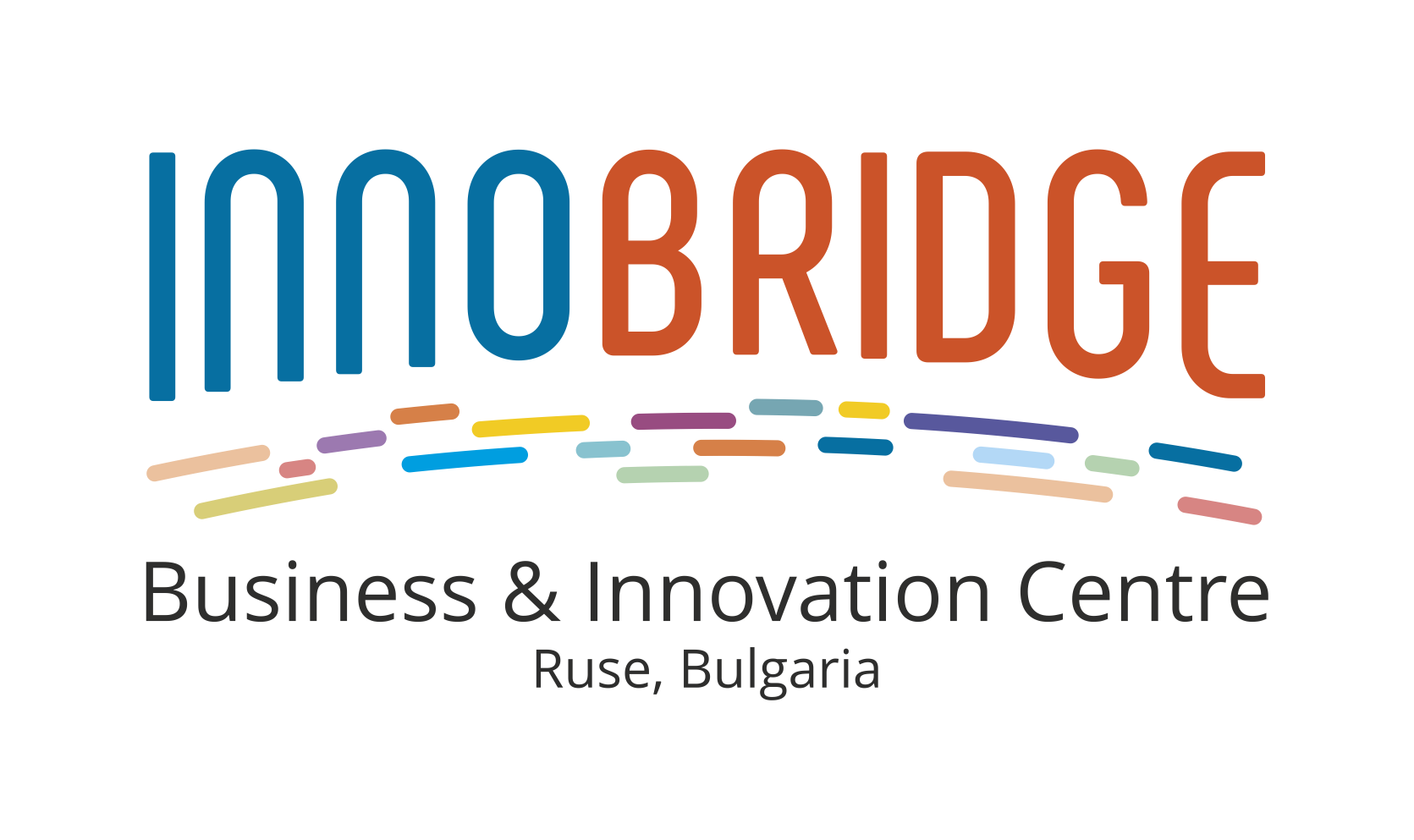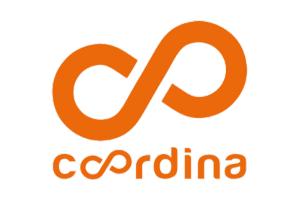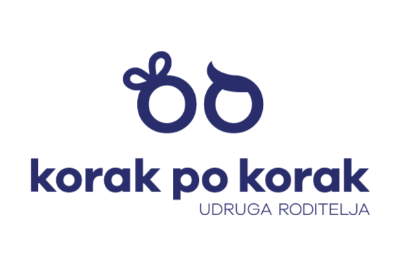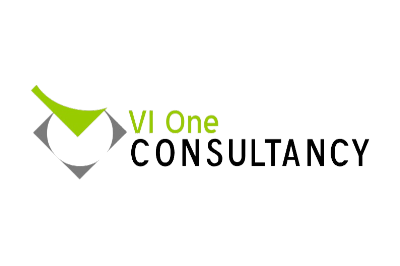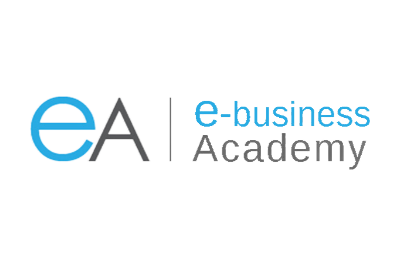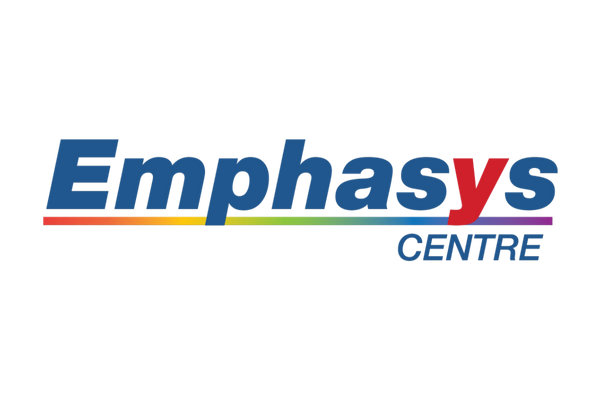StressOut - Modern Tools for Work-Related Stress Management
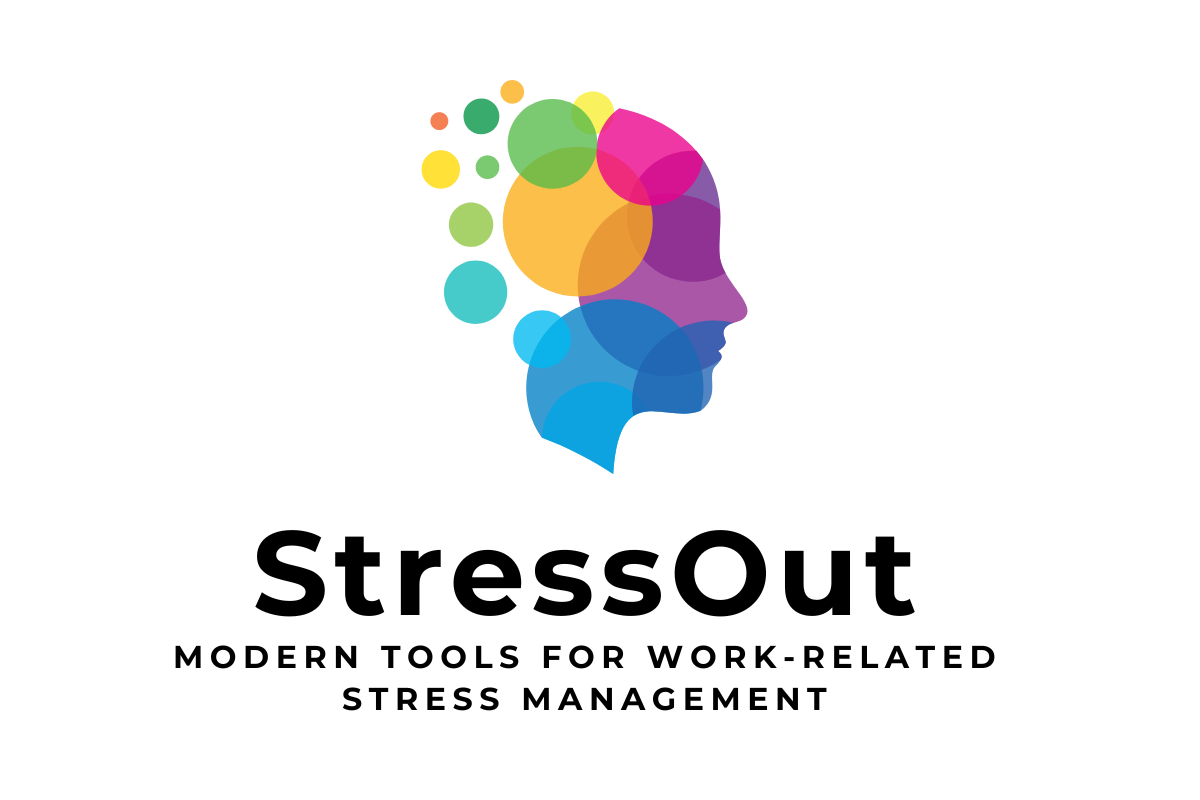
ID: 2022-1-BG01-KA220-ADU-000089290
Duration: 29 December, 2022 – 28 June, 2025
Situations where pressure due to work demands such as tight deadlines, heavy workload, long hours, job insecurity, and other stress factors pass a certain limit and one’s personal ability to cope with these factors, can lead to the experience of what we know as work-related stress. It is an unavoidable issue caused by the demands of contemporary work environments. Immoderate and extended pressure and demands that exceed an employee’s resources, capabilities, and skills are defining components of work-related stress and can damage both an employee’s health and the company they are working for.
Work-related stress has been, and still is – a growing concern for employees and employers in the EU, especially now with the global COVID-19 pandemic, which has become a driver for significant changes in the working environments of millions of employers and employees. In particular, the extensive availability of technology has enabled employees to stay and work from home, but still be connected to their office, protecting, therefore, themselves and society as a whole from the spread of COVID-19. On the other hand, that led to other kinds of issues affecting employees’ well-being, mental health, organisational citizenship behaviour, and employee-customer relations.
According to some studies, more than half of all working days lost in the EU are because of stress in the working environment, and more than half of all workers in the EU report that work-related stress is common in their workplace. In addition, because of the coronavirus pandemic, close to 40% of workers began to work remotely full-time. This blurs the traditional boundaries between work and private life and together with other remote-working trends, such as permanent connectivity, a lack of social interaction, and increased use of ICT, has given an additional rise to psychosocial risks. Focusing on psychosocial risks and reducing stress at the workplace is one of the goals within the „EU strategic framework on health and safety at work 2021-2027 Occupational safety and health“, according to which mental health problems affected 84 million people in the EU already before the COVID-19 pandemic. The framework states that “evidence suggests that tackling hazards to psychosocial wellbeing requires a process with different stages implying changes in the work environment”, while “half of EU workers consider stress to be common in their workplace, and stress contributes to around half of all lost working days” and “nearly 80% of managers are concerned about work-related stress”.
Therefore, the StressOut project aims to provide tools for stress prevention and stress management on both a personal and business level. The project will facilitate the creation of an innovative training course with experiential training activities to enable both employers and employees to combat work-related stress and burnout, as well as working techniques on how to prevent them via an easily accessible and modern tool.
Partners

Coordinator:
Ayri Memishev
Project manager
For consultations:
T: +359 883 588 675
E: amemishev@rcci.bg
Address:
Tsar Ferdinand Blvd. 3A,
Ruse 7000
